Ich wünsche mir … Bildung und eine Karriere als Kricketspieler
Belal, 15, ist ein pakistanischer Flüchtling, der im Flüchtlingslager Gulan im Südosten Afghanistans lebt. Tausende Flüchtlingsfamilien, die hier leben, müssen um ihre Grundrechte fürchten, da sie inmitten eines Konflikts zwischen der afghanischen und pakistanischen Regierung stehen und von der internationalen Gemeinschaft im Stich gelassen werden.
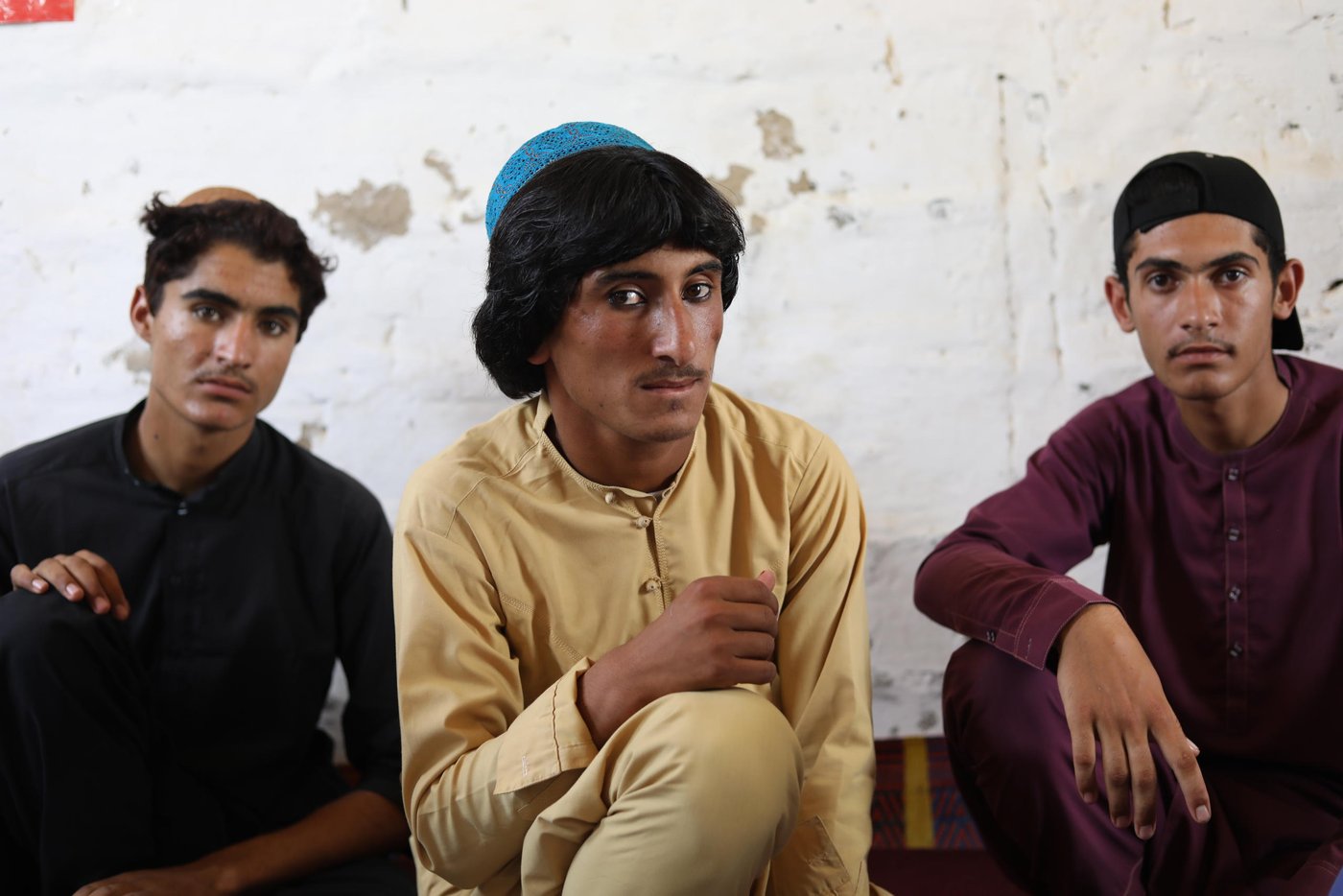
Belal ist Schüler und leitet gleichzeitig ein Cricket-Team. Er ist für andere Kinder seines Alters ein Vorbild. Er wünscht sich, in sein Heimatland zurückkehren und eines Tages Nationalspieler werden zu können.
„Ich wünschte, es gäbe eine weiterführende Schule, an der wir unsere Ausbildung fortsetzen könnten, bevor es zu spät ist. Ich weiß, wie schwer das Leben in diesem Flüchtlingslager ist und ich weiß, dass es für jeden von uns schwer ist. Durch das Cricketspielen wollen wir einige der Schwierigkeiten gemeinsam überwinden.“
Ich wünsche mir … ein Zimmer für mich allein
Jumana, 47, lebt im Flüchtlingslager Al Shati in der Nähe von Gaza in Palästina. Ihre Familie ist eine von Tausenden in Gaza, die versuchen, mit der steigenden Arbeitslosigkeit und der schwindenden staatlichen Unterstützung zurechtzukommen.
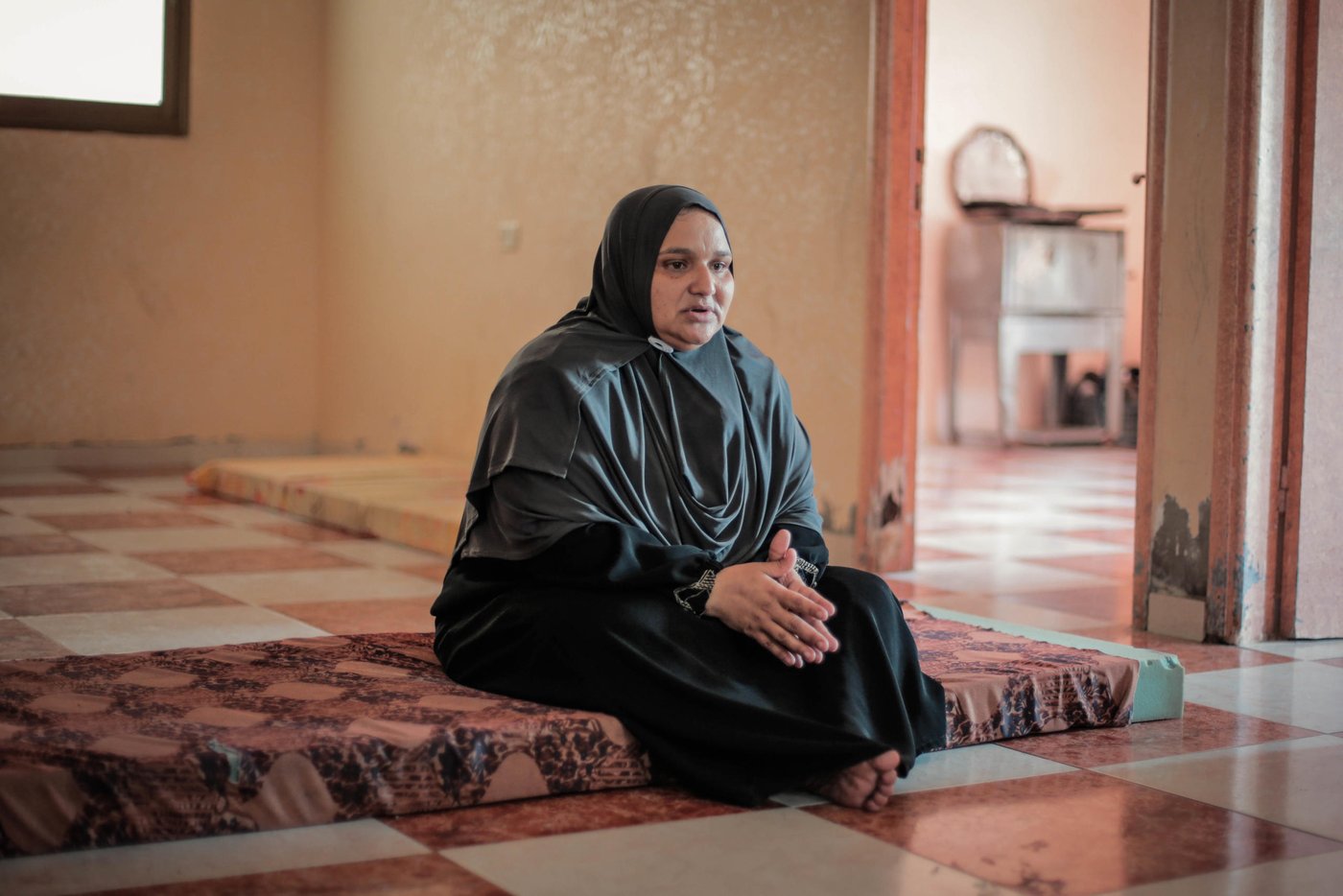
Die fünffache Mutter versucht, über die Runden zu kommen und kämpft gegen eine Zwangsräumung. Kürzlich hat sie von NRC Flüchtlingshilfe finanzielle Unterstützung erhalten, um die Miete bezahlen zu können, aber sie sorgt sich dennoch um die Zukunft.
„Wir fürchten, dass wir ohne die Unterstützung von NRC Flüchtlingshilfe auf der Straße leben müssen. Wir denken ständig darüber nach, was wir tun sollen, wenn das Projekt endet. Ich wünsche mir, eines Tages ein Zimmer ganz für mich allein zu haben.“
Ich wünsche mir … Frieden und eine Familienzusammenführung
Shamsedine, 44, ist ein syrischer Geflüchteter, der derzeit in der Bekaa-Ebene im Osten des Libanons lebt. Der Libanon hat Flüchtlinge aus Syrien und Palästina aufgenommen und hat die weltweit höchste Anzahl an Geflüchteten pro Kopf. Das setzt die öffentlichen Dienstleistungen stark unter Druck. Die Geflüchteten dürfen nicht offiziell arbeiten und es ist schwierig für sie, sich ohne Angst vor einer Festnahme frei zu bewegen.
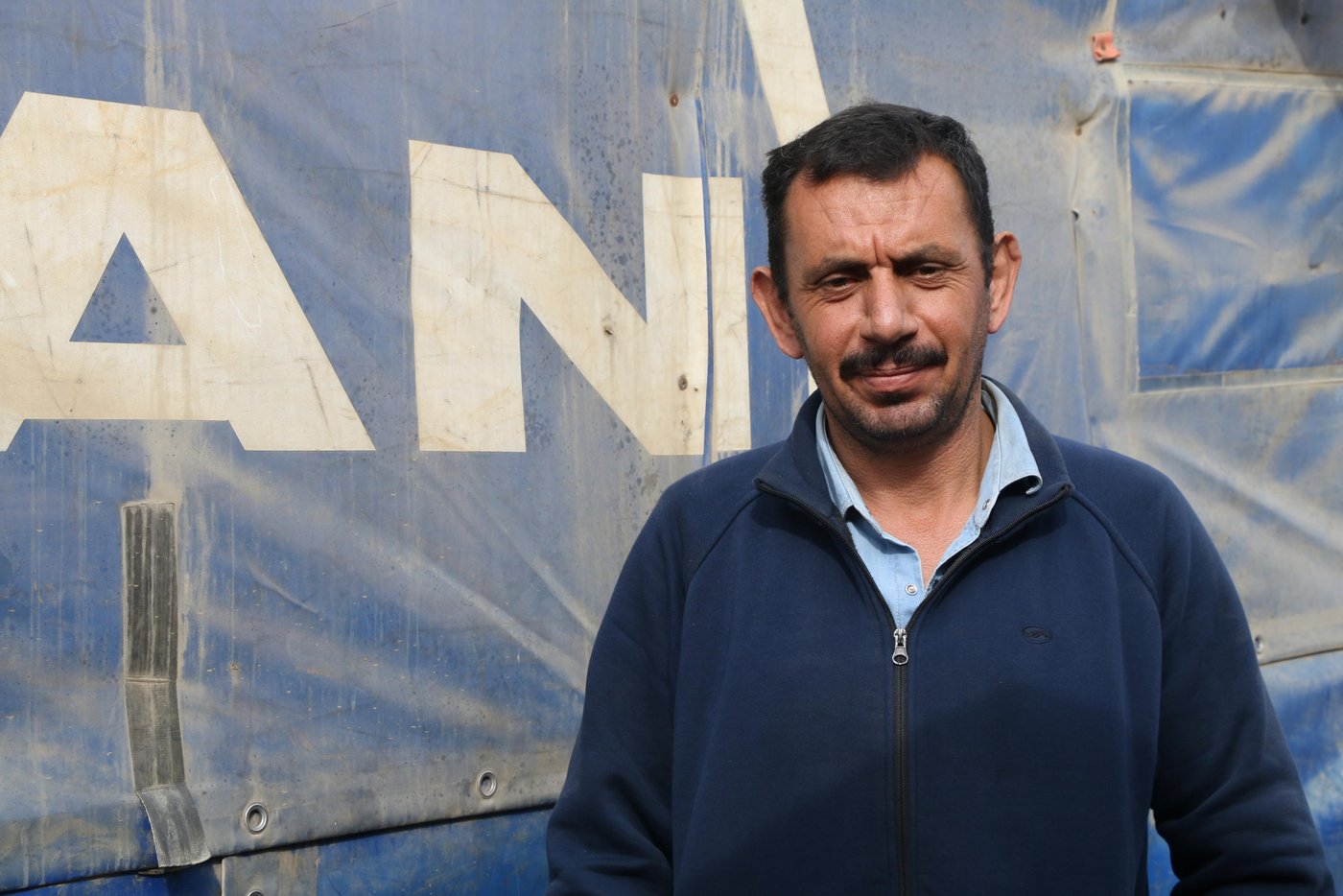
„Ich wünsche mir für das neue Jahr, dass der Krieg in Syrien ein Ende hat, damit die syrischen Kinder in Sicherheit sind. Das Land braucht Stabilität, damit die Menschen zurückkehren und sich wiedersehen können. Vor dem Krieg waren die Familien zusammen. Ich habe meinen Bruder seit fünf Jahren nicht mehr gesehen. Er lebt in einem anderen Teil des Libanons und unsere finanzielle Lage erlaubt es nicht, dass wir uns treffen.“
Ich wünsche mir …, dass meine Kinder eine gute Schulbildung bekommen
Fatima, 39, ist eine syrische Geflüchtete, die im Gouvernement Libanonberg im Libanon lebt.
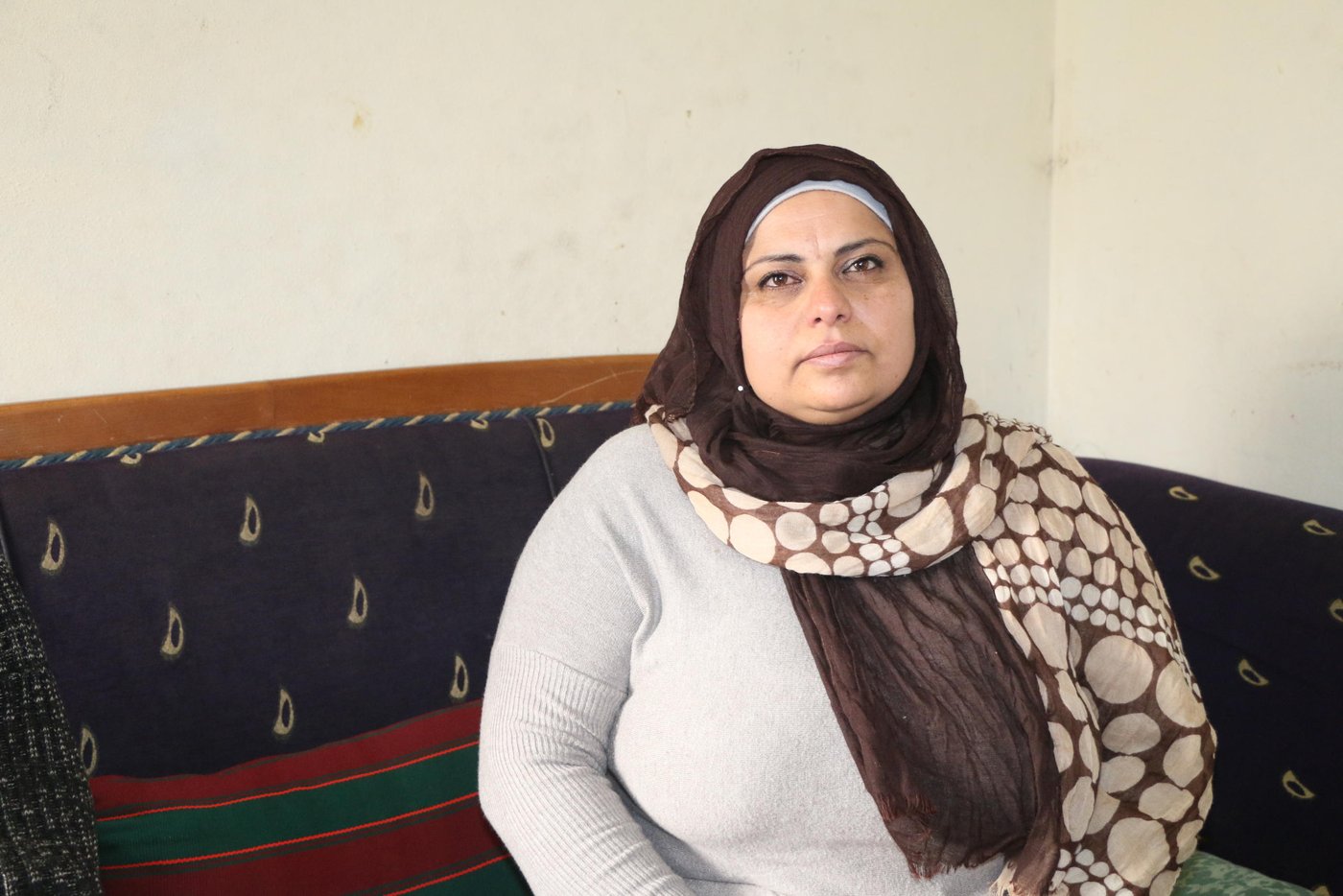
„Die Hoffnung ist zerstört, aber wir haben Träume. Ich wünsche mir, dass meine Familie umgesiedelt wird, damit meine Kinder ihre Ausbildung fortsetzen können. Das ist alles, was ich mir wünsche: dass sie eine gute Schulbildung bekommen und eine bessere Zukunft haben.“
Ich wünsche mir …, Orthopädin zu werden
Fatin, 11, ist eine syrische Geflüchtete, die ebenfalls im Gouvernement Libanonberg im Libanon lebt.
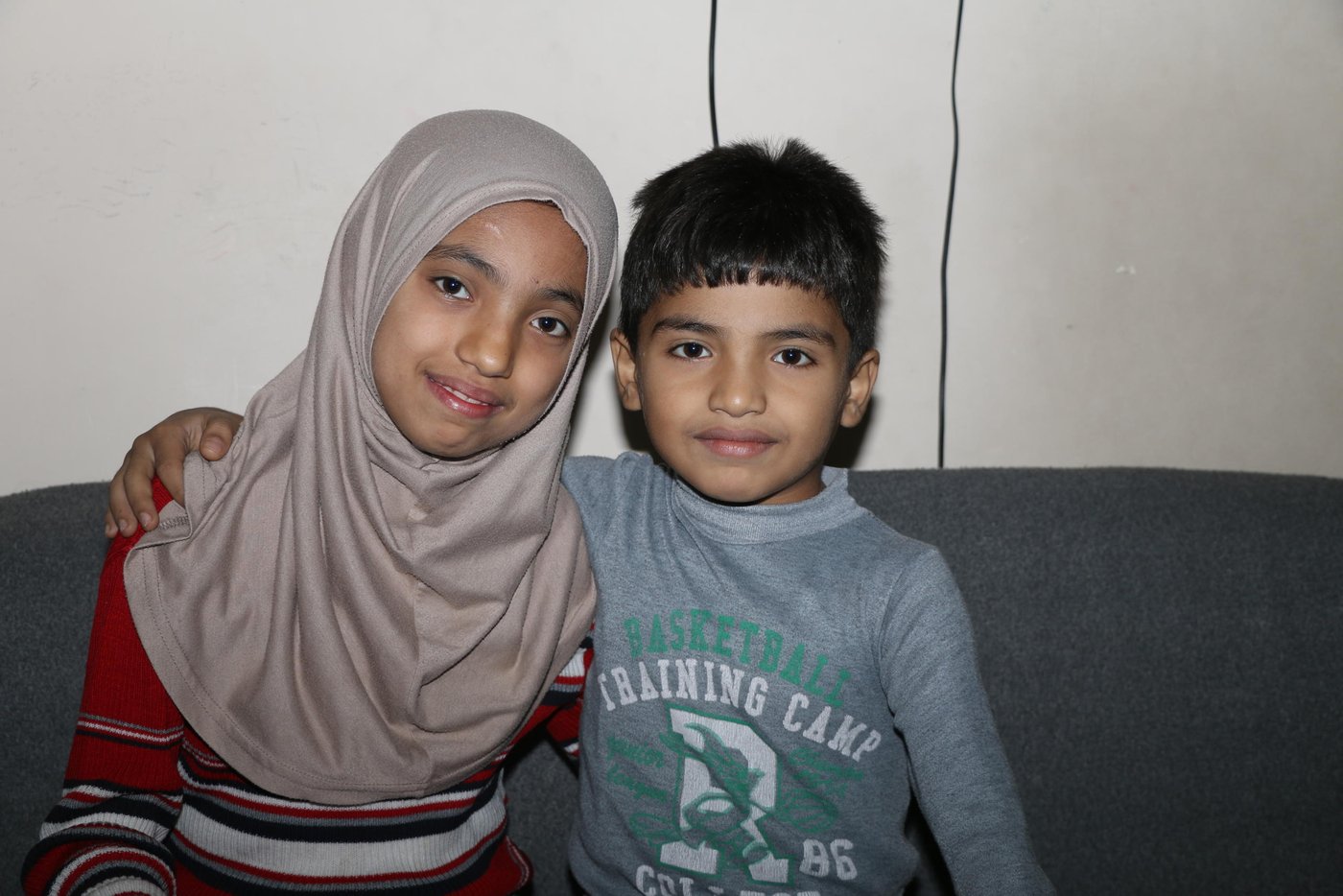
„Ich wünsche mir, Orthopädin zu werden, wenn ich groß bin, damit ich anderen Menschen helfen kann, die in einer ähnlichen Lage sind wie mein Vater.“
Ich wünsche mir … ein neues Leben in einem neuen Land
Ali, 18, ist ein syrischer Geflüchteter, der in der Bekaa-Ebene im Osten des Libanons lebt.
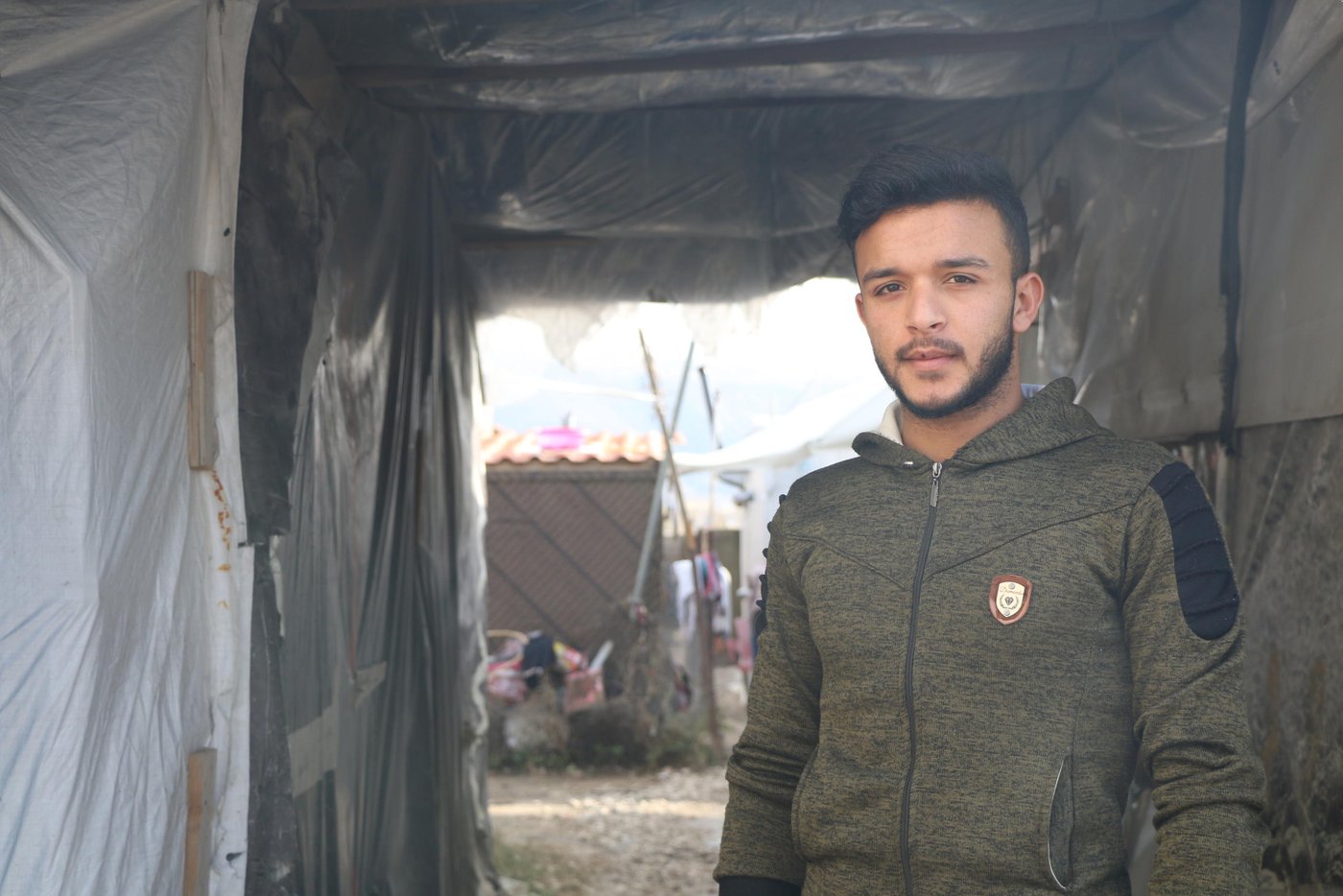
„Ich wünschte, ich könnte in ein Drittland umsiedeln. Hier gibt es keine Zukunft für mich, und in Syrien würde man mich zum Wehrdienst zwingen. Die einzige Möglichkeit ist, in ein anderes Land zu gehen. Ich wünsche mir auch, dass die arabischen Länder und die internationale Gemeinschaft eine Lösung für die Jugendlichen finden könnten. Wir haben ein sehr schweres Leben und wir brauchen Unterstützung, um anständig leben zu können.“
***
Lesen Sie mehr über unsere Arbeit in Afghanistan, Palästina und dem Libanon.
Tragen Sie dazu bei, noch mehr Träume wahr zu machen. Unterstützen Sie unsere Arbeit im Jahr 2020.

